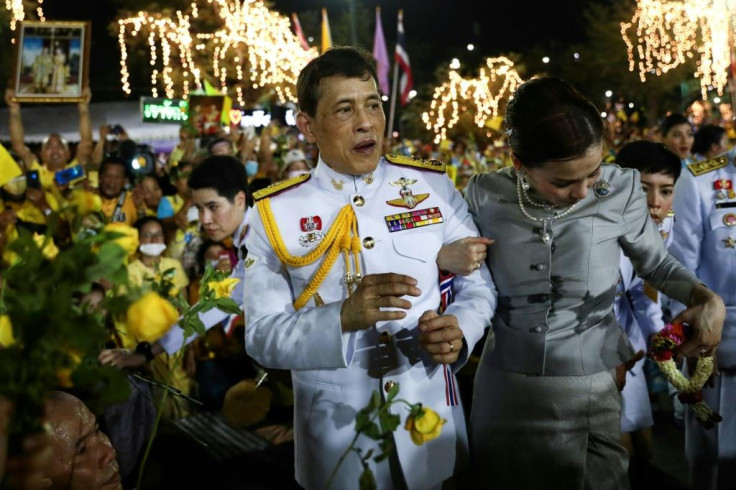Thai King increases public presence while nation deals with crisis
The increased presence comes as Thailand witnesses political and economic instability.
King Maha Vajiralongkorn of Thailand, who was recently hit by a controversy when more than 1,000 compromising photographs of his mistress Sineenat Wongvajirapakdi were leaked online, has been working on bolstering his image.
The monarch, who spent much of his four-year reign in Germany, returned to his country in October last year. The 68-year-old and his entourage have since attended several religious ceremonies, handed out diplomas to graduating students, greeted kneeling supporters clad in yellow shirts, and even swept the floor at one of his charity projects, reports Bloomberg.
The increased presence comes as Thailand witnesses political and economic instability and unprecedented demands for reform of the monarchy. The lockdown induced by the coronavirus pandemic caused a halt in the tourism industry, which is a major economic contributor in the country.
Meanwhile, factories are shedding workers, exporters are slammed, and farmers have been struggling with the worst drought in four decades. Gross domestic product contracted only an estimated 6.6% last year, and Prime Minister Prayuth Chan-Ocha is looking for another year of similar tension though some recovery is also expected.
Thailand's prime opposition party is planning a no-confidence vote against the ruling government. At the same, thousands of anti-monarchist activists are preparing for rallies to challenge the royal family. The protesters are demanding less royal power, a more democratic constitution, and the resignation of Prayuth, a former army chief who staged a coup in 2014.
Several argue that King Maha Vajiralongkorn is not entitled to the wealth and power he acquired upon ascending to the throne in 2016. The argument is based on the Buddhist concept of "barami" or virtue, that must be earned rather than bequeathed. The king's late father, King Bhumibol Adulyadej, had accumulated his own barami over the course of his 70-year reign.
Thitinan Pongsudhirak, a professor at Chulalongkorn University in Bangkok, says about the matter: "The moral authority and informal power of King Bhumibol was not transferable. There is not the same kind of ability to summon the different sides to put an end to conflict. In fact, the opposite is happening -- the monarchy has become a party in the conflict. This is something that is very alarming."
Thailand has had about a dozen coups in the last century with protestors demanding the military and monarchy to become more accountable to the country's 70 million citizens. However, the royal family continues to hold much power even after the absolute monarchy was transformed into a constitutional monarchy in 1932. A court in Thailand recently sentenced a former civil servant to a record prison term of 43 years and six months for breaching the country's strict law on insulting or defaming the monarchy.

© Copyright IBTimes 2025. All rights reserved.





















